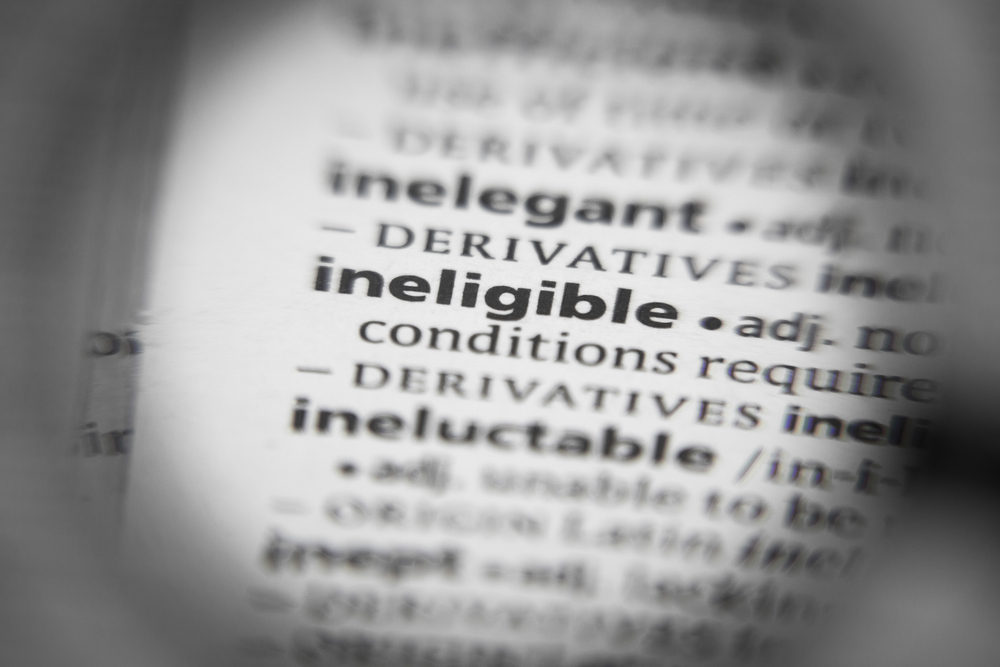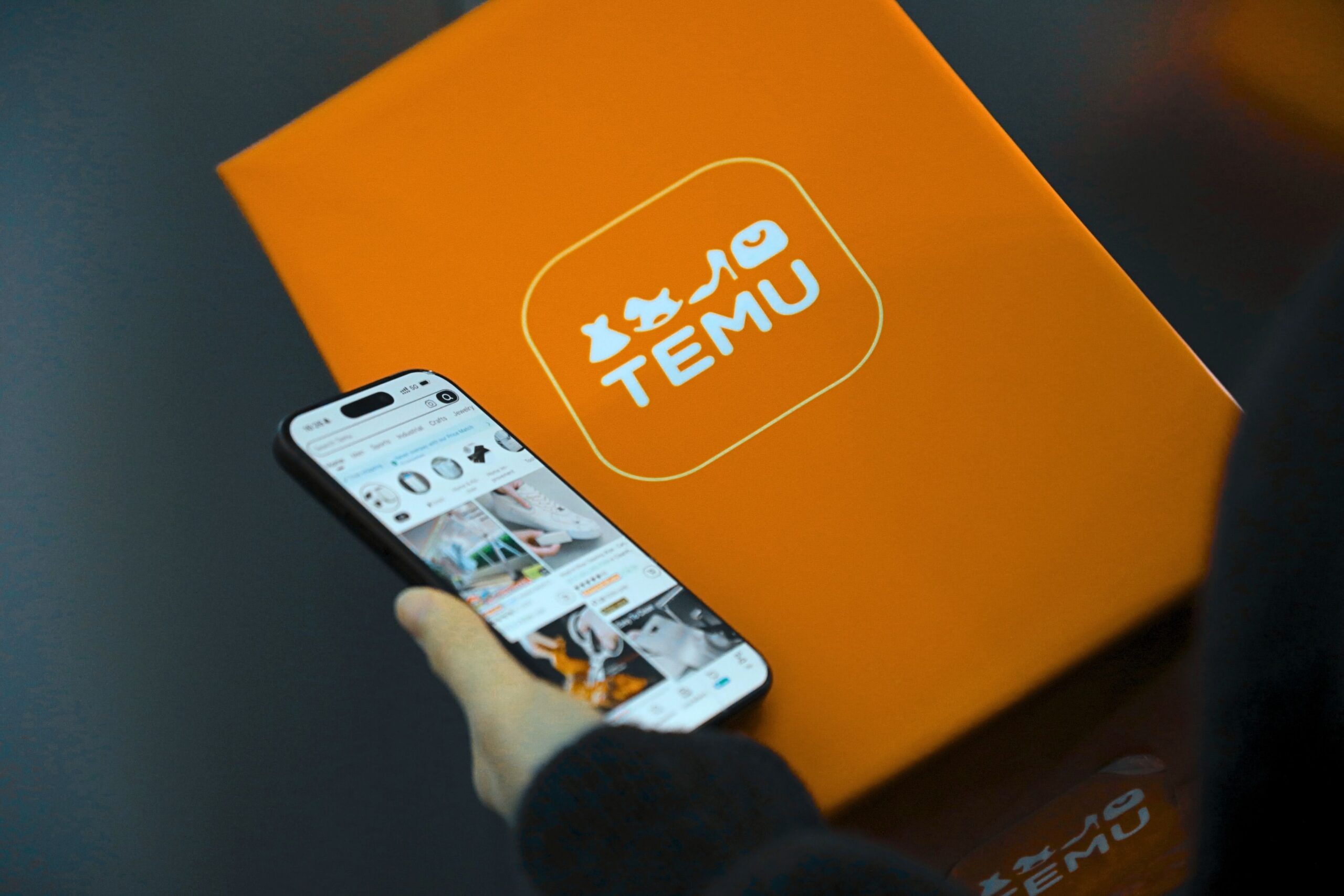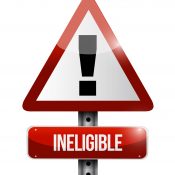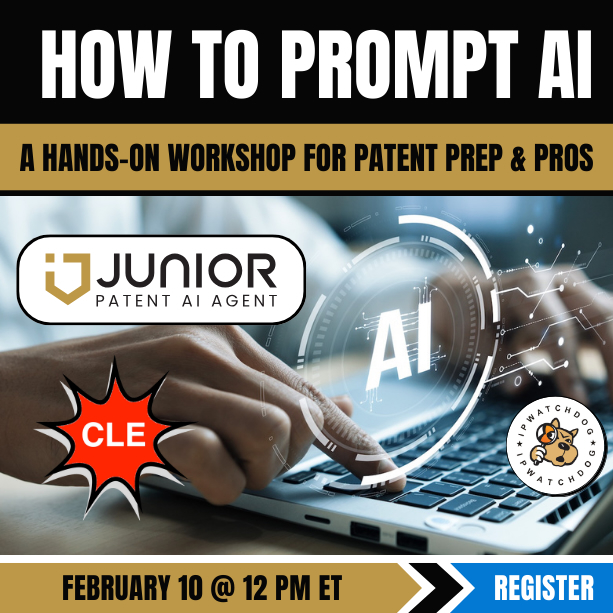“When patent rights are devalued through ineffective enforcement, the entire innovation ecosystem suffers.” – USPTO and DOJ Joint Comment
 The U.S. Patent and Trademark Office (USPTO) and the U.S. Department of Justice (DOJ) filed a joint public interest comment with the U.S. International Trade Commission (ITC) on Tuesday relating to a complaint brought by Netlist in October, arguing that the strong enforcement of valid patent rights best serves the public interest. The filing, in the context of an ITC investigation into certain dynamic random access memory (DRAM) devices, asserts that exclusion orders should be the presumptive remedy for infringement.
The U.S. Patent and Trademark Office (USPTO) and the U.S. Department of Justice (DOJ) filed a joint public interest comment with the U.S. International Trade Commission (ITC) on Tuesday relating to a complaint brought by Netlist in October, arguing that the strong enforcement of valid patent rights best serves the public interest. The filing, in the context of an ITC investigation into certain dynamic random access memory (DRAM) devices, asserts that exclusion orders should be the presumptive remedy for infringement.
In the comment, the agencies argued that reliable patent rights have been a cornerstone of American technological dominance for over two centuries. Without the security of exclusive rights, significant innovations would likely remain in development rather than reach the public. The agencies cited that “James Madison noted in The Federalist No. 43, the utility of patent protection ‘will scarcely be questioned’ because the ‘public good fully coincides…with the claims of individuals’ to their inventions.”
The filing also highlighted the economic importance of intellectual property, observing that IP-intensive industries account for approximately 40% of U.S. gross domestic product (GDP) and support millions of jobs. The comment warned that “when patent rights are devalued through ineffective enforcement, the entire innovation ecosystem suffers.” Moreover, it referenced a decision from Douglas Dynamics, LLC v. Buyers Prods. Co., which recognized that the public’s interest in protecting inventive technology “outweighs any interest the public has in purchasing cheaper infringing products.”
The joint comment also detailed the ITC’s role as a guardian of American innovation at the border. Under Section 337 of the Tariff Act of 1930, the importation of articles that infringe valid U.S. patents is unlawful, which made exclusion orders the statutory default remedy and created a strong presumption in favor of exclusion for patent infringement.
Historically, the ITC has invoked public interest considerations to deny an exclusion order in only a small number of cases. The filing described these instances as involving “truly extraordinary circumstances” related to public health or safety. The agencies emphasized that the Commission has correctly rejected “the general proposition that, if the infringing activity is great enough, the public interest forbids a remedy.”
Furthermore, the agencies cautioned against using public-interest factors as procedural hurdles to block meritorious complaints. The comment argued that such an approach would invert the statutory scheme by treating these factors as threshold barriers rather than narrow exceptions. The filing asserted that public-interest determinations should follow, not precede, findings of infringement and validity.
The agencies justified this sequence by citing Abbott Lab’ys v. Andrx Pharms., Inc. holding that “the public is best served by enforcing patents that are likely valid and infringed.” According to the agencies, assessing the public interest is most accurate only after a patent’s validity and infringement have been determined.
In their conclusion, the USPTO and DOJ urged the Commission to reaffirm the paramount public interest in enforcing valid patent rights through exclusion orders. The agencies argued that when the USITC issues these orders, it vindicates the public interest, and the narrow statutory exceptions for public health, welfare, and competitive conditions should be applied only in extraordinary circumstances with concrete evidence.
Earlier this year, the USPTO and U.S. government filed a Statement of Interest in a district court case, Radian Memory Systems, LLC v. Samsung Electronics Co. (Civil Action No. 2:24-cv-1073), expressing similar views. There, the Office said that the court should find the existence of irreparable harm to be in favor of the patent owner. Ultimately, the government said that patent infringement in many cases causes irreparable harm to the patent owner, and monetary damages are extremely difficult to calculate and, therefore, monetary damages are insufficient.
Editor’s note: This article was updated on November 30 to add links to the comment and background on the case, which were accidentally omitted.
Image Source: Deposit Photos
Author: kchungtw
Image ID: 49251191

![[IPWatchdog Logo]](https://ipwatchdog.com/wp-content/themes/IPWatchdog%20-%202023/assets/images/temp/logo-small@2x.png)

![[Advertisement]](https://ipwatchdog.com/wp-content/uploads/2026/02/Junior-AI-Feb-10-2026-sidebar-CLE-700x500-1.jpg)
![[Advertisement]](https://ipwatchdog.com/wp-content/uploads/2026/02/Anaqua-Feb-12-2026-sidebar-700x500-1.jpg)
![[Advertisement]](https://ipwatchdog.com/wp-content/uploads/2026/02/Ankar-AI-Feb-17-2025-sidebar-700x500-1.jpg)
![[Advertisement]](https://ipwatchdog.com/wp-content/uploads/2025/12/LIVE-2026-sidebar-regular-price-700x500-1.jpg)







![[Advertisement]](https://ipwatchdog.com/wp-content/uploads/2021/12/WEBINAR-336-x-280-px.png)
![[Advertisement]](https://ipwatchdog.com/wp-content/uploads/2021/12/Ad-4-The-Invent-Patent-System™.png)







Join the Discussion
7 comments so far. Add my comment.
Frank Yahoo
December 1, 2025 06:31 pmA tweet from the US Antitrust Division (DOJ) in this case !
https://x.com/justiceatr/status/1995534275161067621?s=46
Frank Yahoo
November 30, 2025 04:54 amIf IPwatchdog allows me another comment: among hundreds of patent litigations at district courts and USPTO/PTAB and dozens of cases at ITC, the article correctly cited the only two when the US DoJ & USPTO jointly intervened to strongly support patent rights enforcement:
– Radian vs Samsung (withdrawn days after then settled)
– ongoing litigation Netlist vs Samsung.
Frank Yahoo
November 29, 2025 03:08 pmRegarding the other cited Samsung case (against Radian). Days after the DoJ & USPTO intervened in June in favour of Radian (patent enforcement), Radian withdrew. Then silence until early November when it became public that the two parties settled https://news.bloomberglaw.com/ip-law/samsung-settles-radians-lawsuit-over-solid-state-drive-patents
Mark Summerfield
November 27, 2025 03:48 amMy thanks also to Frank Yahoo for pointing out the context of this case. There are important nuances here, including the fact that the patentee and at least one alleged infringer (Samsung) have fallen into dispute over a joint development and licensing agreement, and at least one other (Google) is a US company supplying a US consumer market in what might be regarded as good faith. This is a dispute that might be more appropriately adjudicated in an Article III Court, though it seems like the DoJ and the USPTO might be taking the opportunity to advance a political agenda.
I am not saying that the government position is without merit – the importation of infringing goods is a legitimate concern, and the ITC an important gatekeeper. But to the extent that IP Watchdog is regarded as a news outlet, it might be appropriate to adopt a more transparent, informative and critical perspective.
Wolf Silverman
November 26, 2025 05:08 pmYes, correctly, that joint statement was sent to the ITC yesterday and concerns NETLIST versus Samsung, Google, Supermicro.
Institution of this case is expected for mid December. Will get quite some public attention.
https://ids.usitc.gov/case/8314/investigation/8817
Peter Carrier
November 26, 2025 05:05 pmThanks Frank Yahoo for pointing out the details since the author failed to do so.
Frank Yahoo
November 26, 2025 04:59 pmreporting about this joint statement from USPTO and DoJ without naming the case ?
It concerns the patent litigation dispute at ITC between Netlist who asked for exclusion order against DRAM and HBM produced, used, imported into the US by Samsung, Google, Super Micro:
https://ipwatchdog.com/2025/10/01/netlist-continues-enforcement-campaign-samsung-dram-modules-itc/
Add Comment